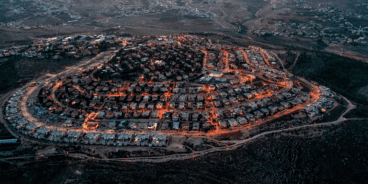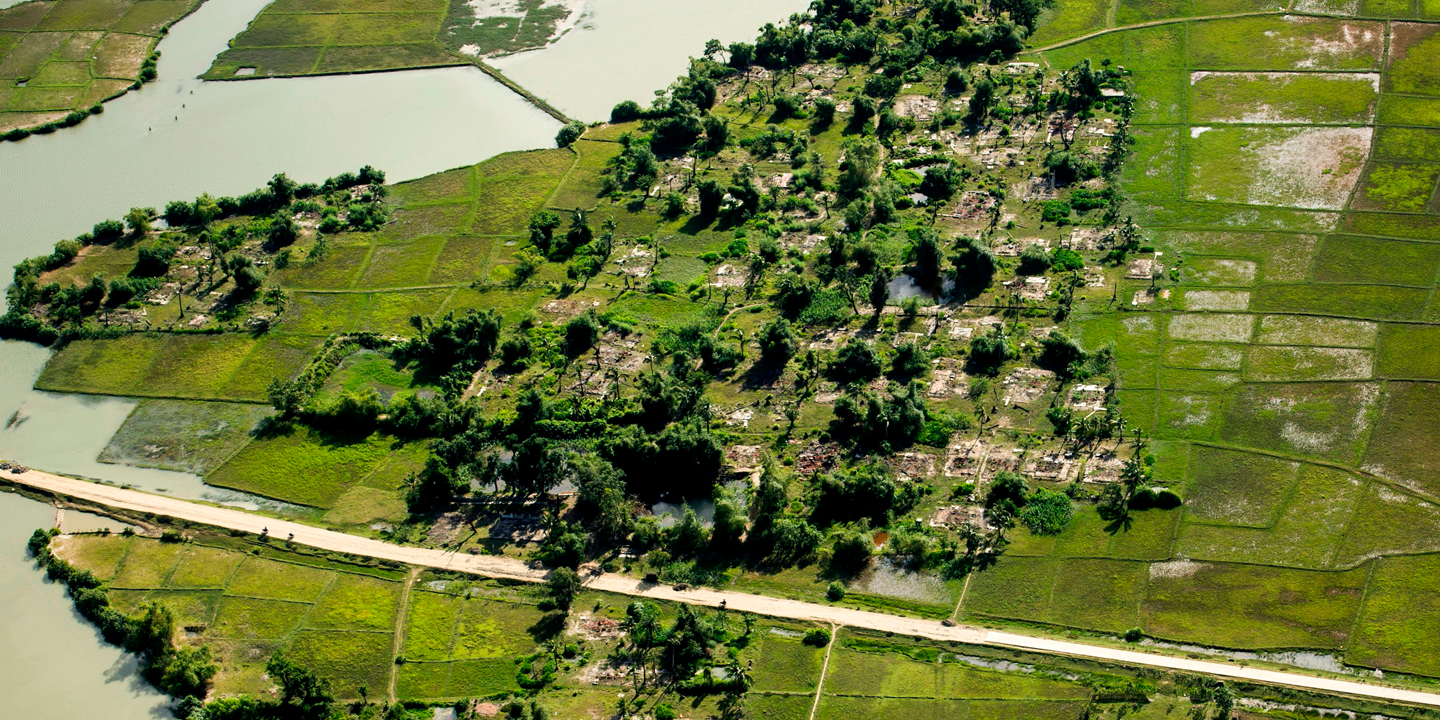

Atrocity Alert No. 210: China, Myanmar (Burma) and UN Human Rights Council
Atrocity Alert is a weekly publication by the Global Centre for the Responsibility to Protect highlighting situations where populations are at risk of, or are enduring, mass atrocity crimes.
Campaign to forcibly reduce Uighur births may amount to genocide
On Monday, 29 June, the Associated Press and an independent researcher, Adrian Zenz, released two complementary reports documenting the Chinese government’s campaign to reduce birth rates among Uighurs, Kazakhs and other Turkic Muslim populations in Xinjiang province. According to their investigations, the practice of forced birth control has been “widespread and systematic” in Xinjiang over the past four years. Such acts could amount to genocide under Article II of the Genocide Convention, which prohibits “imposing measures intended to prevent births” within a targeted group.
Since 2017 the Chinese government has implemented various population control measures in Xinjiang, including mandatory pregnancy checks and insertion of intrauterine devices. Local government directives urged officials to “contain illegal births and lower fertility levels.” Officials and armed police conducted night raids to look for hidden children and pregnant women, fining and detaining parents of three or more children and forcing abortions and sterilizations on women. Local doctors who were suspected of having helped Uighur women have secret home births were also detained.
The campaign to reduce Uighur birth rates is part of a wider crackdown across Xinjiang, where approximately 1 million Uighurs and other Muslim minorities are currently detained in so-called “re-education” or “de-extremification” facilities. While the government claims it is targeting religious extremists and terrorists, ethnic Uighurs are detained for participating in a range of ordinary religious activities such as fasting, praying or growing a beard. “Having too many children” is also among the most common reasons for being sent to the detention camps.
Former Uighur detainees have reported that while in state custody they were subjected to abuse and forced indoctrination. The large-scale detention program, removal of children, systematic destruction of cultural heritage, and lack of information regarding persons in state custody, could also constitute crimes against humanity under international law.
On 26 June fifty-one UN Special Procedures mandate holders issued a joint statement calling for “the establishment of an impartial and independent United Nations mechanism” to monitor and report on the grave human rights situation in China. The Human Rights Council should heed this call and appoint a Special Rapporteur or a Panel of Experts.
“The international community must act now to halt the potentially genocidal campaign being conducted by the Chinese government against the Uighurs and other vulnerable minorities in Xinjiang,” said Nadira Kourt, Program Manager at the Global Centre for the Responsibility to Protect. “Concentration camps and forced sterilization programs are heinous violations of universal human rights and must end immediately.”
40 villages under threat as new “clearance operations” launched by Myanmar’s military
Thousands of civilians have fled the Kyauktan area in Rakhine State after a local administrator issued an evacuation order on 24 June warning of new “clearance operations” by Myanmar’s military. Despite government and military spokespeople claiming that they are only undertaking “counter-insurgency operations” against the Arakan Army (AA), at least 10,000 civilians have fled from more than 40 villages.
Since November 2018 Myanmar’s military and the AA – an armed group seeking greater autonomy for the ethnic Rakhine Buddhist population in Rakhine State – have engaged in a deadly armed conflict. Prior to launching the latest operations in Kyauktan, an estimated 80,000 people were already displaced as a result of ongoing fighting. Access to journalists and humanitarian agencies has been severely restricted, and the government has implemented an internet shutdown in parts of Rakhine and Chin states since June 2019.
The latest operations in Rakhine State are being conducted almost three years after the military launched so-called “clearance operations” that forced more than 700,000 ethnic Rohingya to flee the country. Atrocities committed against the Rohingya population may amount to genocide and are currently the focus of a historic case at the International Court of Justice (ICJ).
The UN Office in Myanmar has condemned the latest military operations, calling upon all parties to “respect international humanitarian law, fulfill their responsibilities and take urgent measures to spare civilians and civilian infrastructure, to adhere to the fundamental principles of distinction, proportionality and precaution, and to facilitate the provision of relief to people fleeing from violence, those trapped in their villages and everyone affected by the conflict.”
The latest operations may also violate a provisional measures order issued by the ICJ regarding Myanmar’s obligations under the Genocide Convention. On 23 January the ICJ ordered Myanmar to comply with four provisional measures, including requiring the government and military to prevent acts “causing serious bodily or mental harm” to the Rohingya population. An estimated 5,000 Rohingya live in the Kyauktan area.
Following the lead of the European Union, United States, Canada, Australia and other states, the UN Security Council should immediately impose targeted sanctions on senior military officials responsible for atrocity crimes, and refer the situation in Myanmar to the International Criminal Court.
UN Human Rights Council concludes 43rd session
Last Tuesday, 23 June, the UN’s Human Rights Council (HRC) concluded its 43rd session in Geneva. The session initially began on 24 February, but was suspended due to the COVID-19 pandemic. It subsequently resumed from 15-23 June.
During the session the HRC held 17 debates, dialogues and report presentations on countries where populations are at risk of atrocity crimes, including Myanmar, Syria, Venezuela, Democratic Republic of the Congo and Central African Republic. The HRC adopted four resolutions that explicitly call upon states to end atrocities and uphold their responsibility to protect, including one on the prevention of genocide.
The HRC also established a Fact-Finding Mission to Libya (FFML), where over 200,000 civilians have been displaced since April 2019. The FFML is mandated to document and preserve evidence of alleged violations and abuses of International Human Rights Law and violations of International Humanitarian Law.
A number of Special Procedures mandate holders and investigative mechanisms are also tasked with contributing to accountability for atrocity crimes. During the session the HRC extended the mandates of the Special Rapporteurs on human rights in the Democratic People’s Republic of Korea and Myanmar, the Commission on Human Rights in South Sudan, and the Commission of Inquiry on the Syrian Arab Republic.
Following mass protests against police violence in the United States, on 17 June the HRC held an unprecedented debate on “current racially inspired human rights violations, systemic racism, police brutality against people of African descent and violence against peaceful protests.” The HRC adopted a resolution that mandated the High Commissioner to report on systemic racism and police violence globally, and specifically referenced recent incidents in the United States, including the police murder of George Floyd.
This week, as the HRC commences its 44th session, we urge all UN member states to ensure that the Council continues to uphold its early warning capacity and addresses all situations where populations face the threat of genocide, war crimes, or crimes against humanity.
Related Content


Atrocity Alert No. 403: Israel and the Occupied Palestinian Territory, Sudan and the UN Human Rights Council
